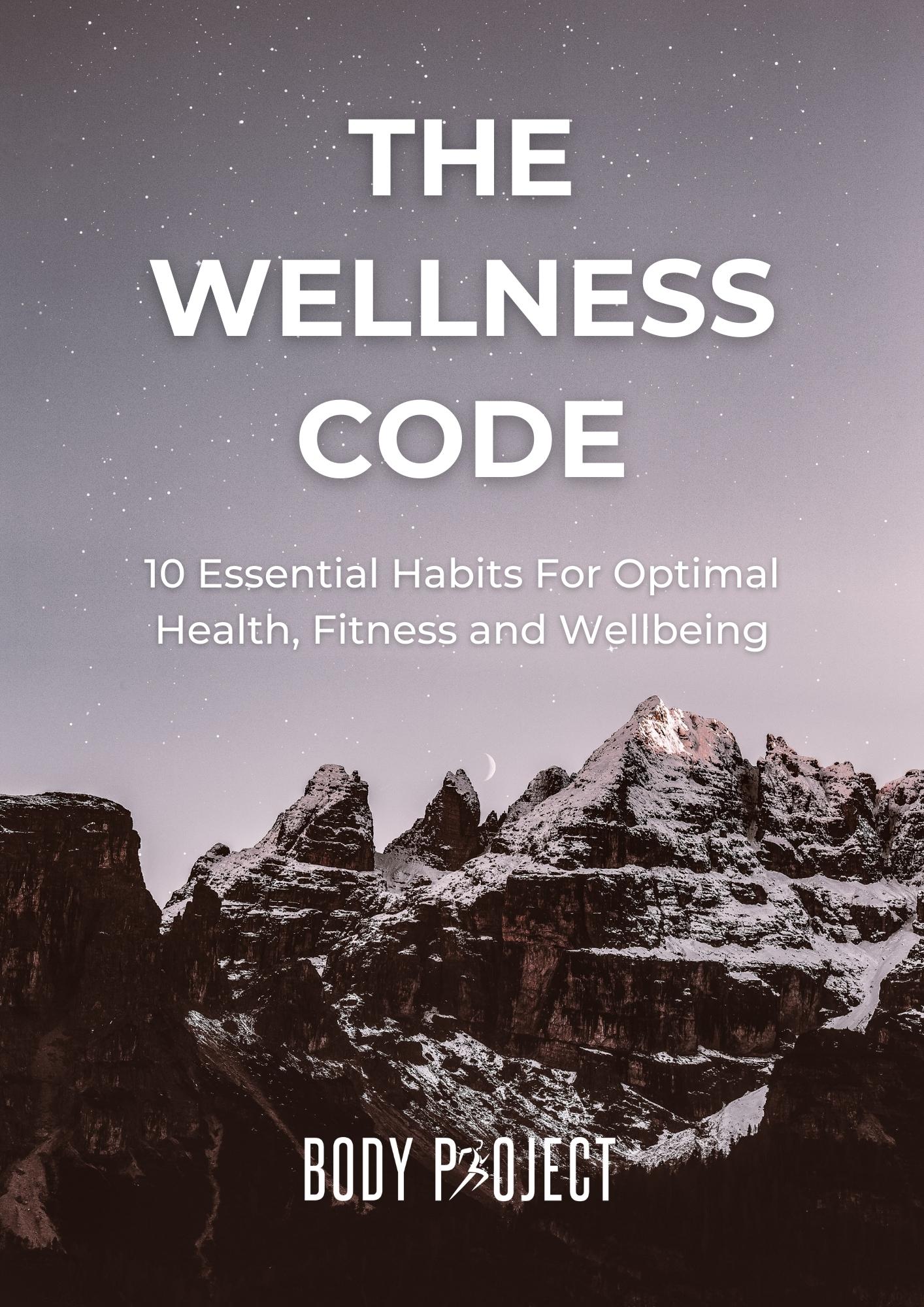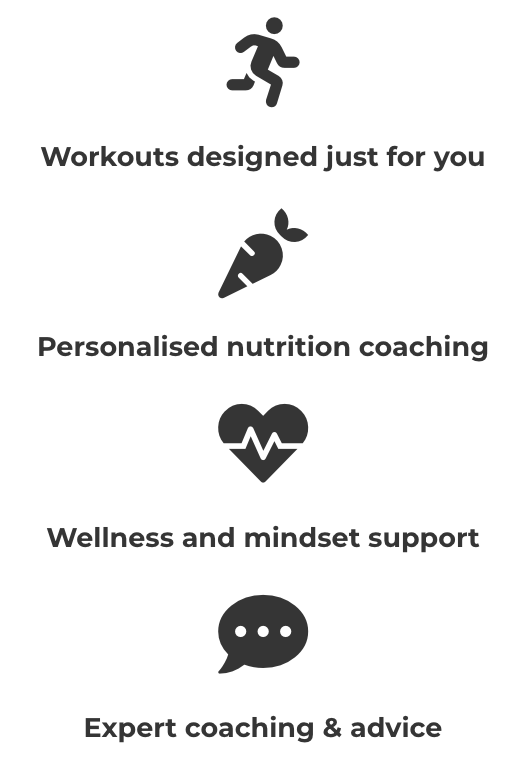Sign Up For Special Offers & Exclusive Content
What Is Mental Health And Fitness?
Mental health and fitness uses the terms mental wellbeing and mental illness to represent two ends of the mental health spectrum. When we discuss mental health, we’re talking about a person’s state of mental wellness or illness.
Mental illness involves problems with thoughts, feelings and behaviours. It’s associated with low or extreme moods, plus difficulties in relationships, work, learning and life. Mental illness is different from specific mental disorders such as Schizophrenia, which are described as “characterized by a clinically significant disturbance in an individual's cognition, emotional regulation, or behaviour” by the World Health Organisation.
A state of mental wellbeing involves feeling good, functioning optimally, maintaining healthy relationships, and a sense of purpose/meaning and agency in life. It’s the opposite of mental illness. The term mental fitness refers to specific qualities/skills, such as resilience and emotional regulation. Mental fitness is an essential aspect of mental wellbeing.
Mental Health And Physical Health
Physical health relates to the health of your muscles, skeletal system, cardiovascular system, and possibly your digestive and reproductive systems depending on the conversation. Mental health describes the health of your central nervous system: your brain and the neural network spanning your entire body.
Poor physical health can wreak havoc on our mental wellbeing. Sedentary lifestyles are a risk factor for symptoms of mental illness including anxiety and depression.
Mental and physical health are interdependent. It doesn’t make sense to discuss one without the other. This is why I take a holistic approach with my clients, covering not just exercise and nutrition, but also mindset, habits, sleep, hormones, stress and more.
Mental Health And Fitness Stats
“Existing scientific research overwhelmingly indicates that exercise and physical activity benefit mental health.“ - John W Brick Foundation
"There is a 20%-30% lower risk of depression and general feelings of distress for adults participating in daily physical activity." - Start Active, Stay Active
"People who exercise regularly have 1.5 fewer “bad days” a month on average than those who don’t exercise." - The Lancet Psychiatry Journal
"The odds of getting depression for people managing 150 minutes of moderate to vigorous exercise a week is 22% lower than those who don’t." - NHS
Exercise stimulates the production of endorphins - known for making us feel fantastic after a workout - and the hormones serotonin & dopamine, required for long & short term overall positive mood.
Whilst it can’t cure mental disorders, exercise has a strong positive impact on anxiety and depression. The John W Brick Foundation’s 2021 Mental Health Report makes the following clinical recommendations:
Depression
"People meeting criteria for depressive disorders should be prescribed 30-45 minutes of moderate to vigorous exercise 3-5 times per week, ideally beginning with structured group supervised exercise, or individual coaching by a physical therapist or fitness professional."
Anxiety
"Evidence supports prescribing yoga, qi gong, or mind-body movement for people experiencing symptoms of anxiety. Cardiovascular/aerobic and strength/resistance training should be encouraged and monitored for effectiveness.”
Why Fitness Is Good For Mental Health
The mental benefits of exercise aren’t purely chemical. When done intentionally, exercise builds the skills, qualities and habits required to achieve and maintain good mental health, including:
- Self esteem
- Resilience
- Consistency
- Mind/body connection
- Confidence
- Concentration
- Active learning
Fitness also supports healthy sleep, appetite and libido, reduces pain, and slows the pace of cognitive decline as we age. It’s also a great platform to build healthy relationships and enjoy memorable experiences. Better still, as you become fitter and stronger you’ll find yourself able to try gradually more challenging and rewarding activities. Fitness cultivates mental wellbeing in countless ways.
How To Exercise For Mental Health
Exercise alone isn’t a replacement for an overall healthy lifestyle. Whilst it’s possible to use exercise as a short-term mood booster, long term it’s essential to get a good set of lifestyle habits in place. There are 10 basic habits you can build to optimise wellbeing, exercise being one of the top 3. Download our free ebook for a detailed look at how much exercise you need for good mental health, plus a host of other tips.
Training Programmes For Mental Health
People often assume that exercise should push you to your limit every time, whereas in reality programming needs to be sustainable in order to keep you in the game physically and mentally. Consistent, moderate effort yields best results.
“More exercise is not always better. There appears to be a U-shaped curve, in which people who engage in moderate to vigorous exercise 3-5 times per week show better mental health than those who exercise under three or over five times per week. Some high-intensity exercise can increase anxiety immediately post-exercise.” - John W Brick Foundation
Exercise programming is a science that accounts for lifestyle factors such as stress, availability of resources eg time/energy/space, and is best written by a professional. A great coach will prescribe exercise that increases your ability to engage with life, not drain you.
Through Personal Training, Life Coaching and mental health guidance, we support clients to nurture great mental health through exercise, nutrition and one to one lifestyle and mindset coaching. Click here to learn more about Online Coaching and book a free consultation.
Search Posts
Free Download
Popular Posts
Discover Online PT
Enjoyed this article?
Subscribe now to get updated when new posts arrive!
You'll get email updates on new blog posts, discounted tickets to my events, plus exclusive content that I only send out via email.
Don't miss out!







